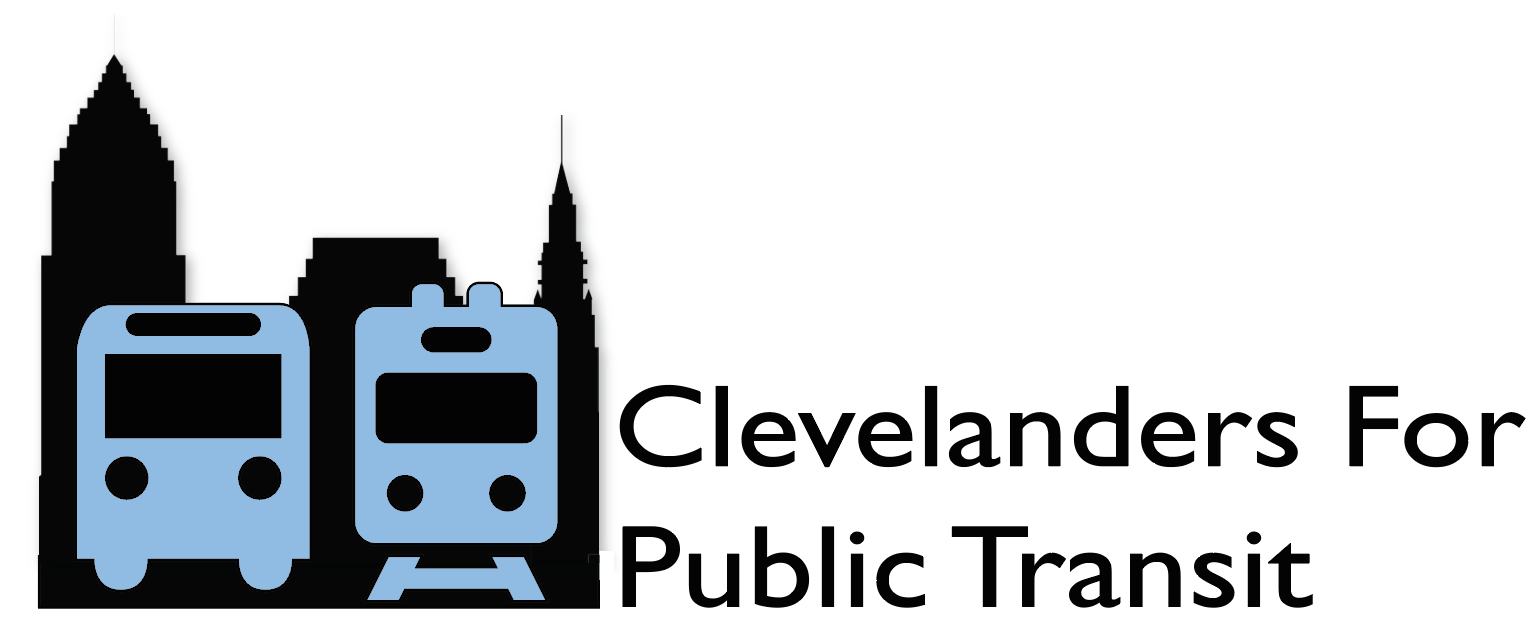GCRTA pilot program seeks to use transit ambassadors instead of armed police to deter fare evasion
By Courtney Astolfi, cleveland.com
CLEVELAND, Ohio – A Greater Cleveland Regional Transit Authority pilot program seeks to use unarmed “transit ambassadors” to enforce fare evasion, rather than using armed police officers.
The new program is expected to go into effect in 2022 on rail lines, the Healthline and other routes with high ridership. It would entail hiring unarmed civilians to check whether riders have paid fares, as well as social workers trained in crisis intervention.
Using ambassadors would mark a major turn in the transit authority’s approach to fare enforcement and help RTA comply with a 2017 Cleveland Municipal Court ruling that RTA’s “proof of payment” approach unconstitutional.
Prior to that, RTA police had been stopping some riders on the Healthline and asking them to produce fare cards, which were to be purchased at stationary vending machines. Municipal Court Judge Emanuella Groves said that practice was a violation of riders’ Fourth Amendment rights that protect against unreasonable search and seizure. Those violations would be remedied, Groves had said, if RTA instead used civilians to check whether fares had been paid.
In response to the ruling, RTA shifted enforcement to Healthline bus drivers. Since 2017, they must check each rider’s fare card upon boarding, or accept cash payments for the ride.
That practice, according to transit advocacy group Clevelanders for Public Transit, slows down service on the Healthline – a “bus rapid transit line” that was built with the goal of providing speedy, rail-like bus service along Euclid Avenue.
For years, the group has pushed RTA to “heal” the line’s slowed service by using civilian transit ambassadors to check fares, rather than saddling bus drivers with the task and slowing down service.
RTA’s new police chief, Deirdre Jones, outlined the pilot program in a Tuesday presentation to RTA trustees. Along with the use of transit ambassadors, Jones said the program would include the use of a few social workers specializing in community outreach and crisis intervention to handle situations involving homeless riders, or those with mental health or substance abuse issues. Such workers would at times ride along with RTA police.
Transit ambassadors, according to Jones, would:
*Inspect fare cards and hopefully deter fare evasion
*Act as customer service representatives, by providing general information, helping people navigate transit system, and assist with boarding and disembarking
*Act as a uniformed authority figure that would observe and report potential safety or security concerns to transit police, if appropriate
Ambassadors would report to transit police leaders, though they would not have the ability to arrest or detain people. Some could be state-certified law enforcement officers operating as unarmed security guards, Jones said.
As planned, RTA would employ 10 ambassadors and social workers, working from 7 a.m. to 10 p.m., seven days a week.
RTA would pay for ambassadors using savings from unfilled police positions, and it would pay for social workers with grant funding that has yet to be secured, Jones said.
Recruiting ambassadors would ideally begin by next spring, with social workers hired on in late summer or early fall.
